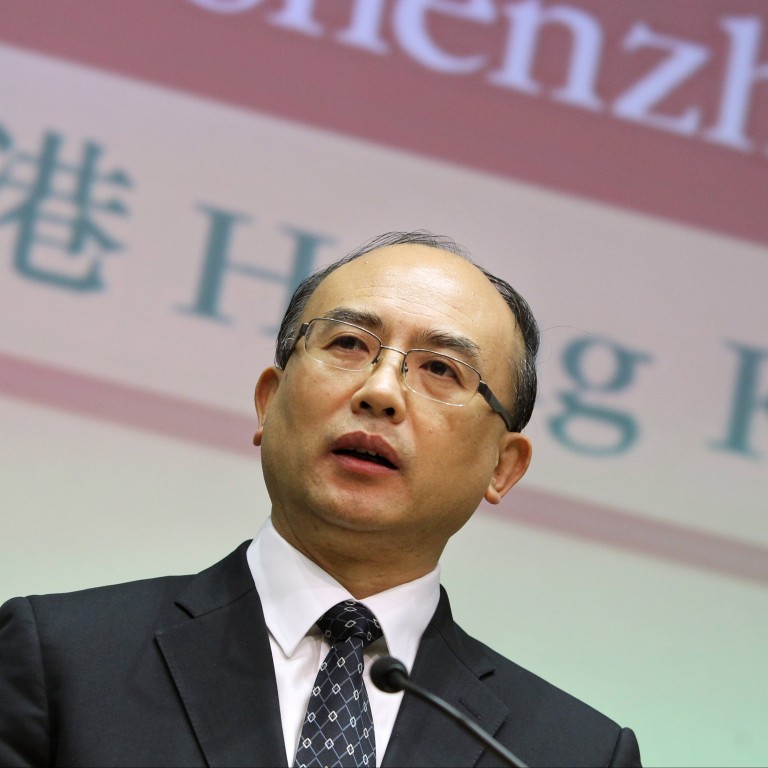
Shenzhen invested 64b yuan in fostering innovation, mayor says
More than 4 per cent of Shenzhen's GDP, or about 64 billion yuan (HK$80.46 billion), was invested in research and development last year, its mayor said yesterday.
More than 4 per cent of Shenzhen's GDP, or about 64 billion yuan (HK$80.46 billion), was invested in research and development last year, its mayor said yesterday.
The city had made remarkable progress with innovation-driven development, mayor Xu Qin said on the sidelines of the annual parliamentary sessions in remarks to the online news portal affiliated with .
Shenzhen had filed 116,000 patent applications under the international system, accounting for half of the nation's total, Xu said.
"Shenzhen invested 4.02 per cent of its GDP in research and development last year, two times the country's average level," Xu said.
The city's gross domestic product reached 1.6 trillion yuan last year, an expansion of 8.8 per cent.
Six emerging industries - biotechnology, the internet, new energy, new materials, information technology and the cultural and creative industries - contributed to 35 per cent of the growth, according to Xu, higher than any other mainland city.
"Shenzhen has no world-class or even country-class universities. But various enterprises want to invest huge in research and development," said Guo Wanda, the vice-president of the Shenzhen-based China Development Institute, a municipal think tank.
"You can see, most of the city's patents and talent belong to various enterprises, especially high-end manufacturing and the internet industry, like Huawei, ZTE, Tencent and BYD Auto.
"But we should admit that Shenzhen so far is far from a world-class innovation hub. Most important discoveries in fundamental science still happen in the United States. If Shenzhen wants to be the world's innovation hub, the central authorities must invest more support."
Guo said Hong Kong, despite its leading universities, appeared to have missed the chance to become China's innovation hub.
"Wang Tao, a young graduate from the Hong Kong University of Science and Technology, chose to start his business in Shenzhen, instead of Hong Kong, and made a great success," he said, referring to the founder of civilian drone market leader DJI Innovations.

